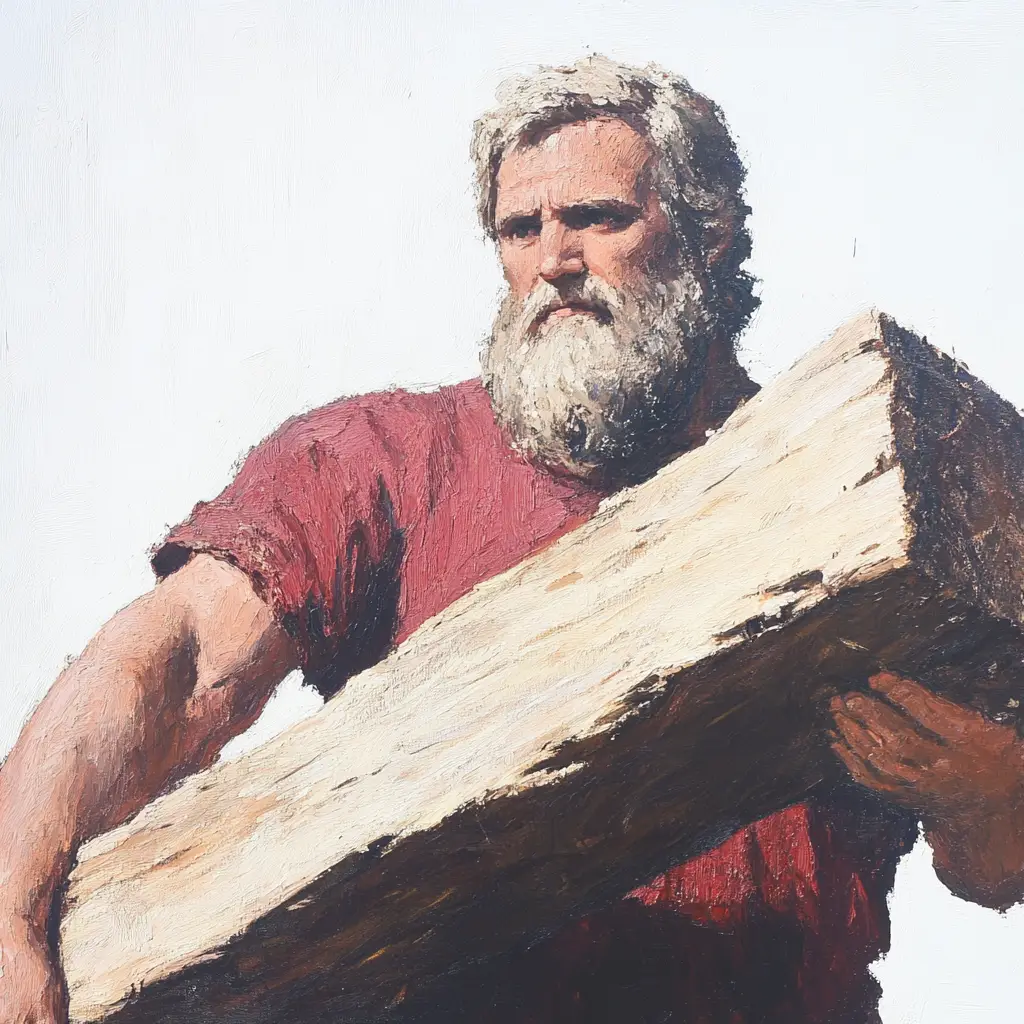Opening Verse
“This is the day which the Lord hath made; we will rejoice and be glad in it.”
Psalm 118:24 (KJV)
Introduction
Every new day is a gift. Not just another page on the calendar, but a chance—a holy invitation from God to live with purpose, joy, and obedience. Psalm 118:24 is more than a morning greeting; it’s a declaration of faith and decision.
Devotional Story
There was a man who used to dread mornings. Life felt heavy. One day, while sitting in silence before heading to work, he opened the Bible and his eyes landed on Psalm 118:24. “This is the day which the Lord hath made…” He read it over and over.
That moment changed everything. He started to rise each morning with a new mindset—not focused on his problems but focused on God’s purpose for that day. Whether it was hard or easy, sunny or stormy, he chose to rejoice, because God had made that day. Not by accident. Not randomly. But with purpose.
He began to say it aloud every morning, and over time, his heart followed his words. People around him noticed the change. He didn’t just survive his days. He lived them. With joy. With focus. With praise.
What This Means
We don’t make the day. We don’t control what it brings. But we do choose how we live it. God made today. That means it has meaning. That means it has grace. That means you’re alive for a reason right now. Choose joy. Choose praise. Choose to see God’s hand in every hour.
Think About This
-
Do you treat today like a gift?
-
What if today was your last—would you live it differently?
-
Are you rejoicing, or just rushing through?
Prayer
Lord, thank You for today. Help me to see it as Yours, not mine. Give me a heart that rejoices, even when life is hard. Teach me to live each day as a gift, not a guarantee. Let me walk in Your purpose and shine for You in every hour. In Jesus’ name, Amen.
Closing Verse
“Boast not thyself of to morrow; for thou knowest not what a day may bring forth.”
Proverbs 27:1 (KJV)









